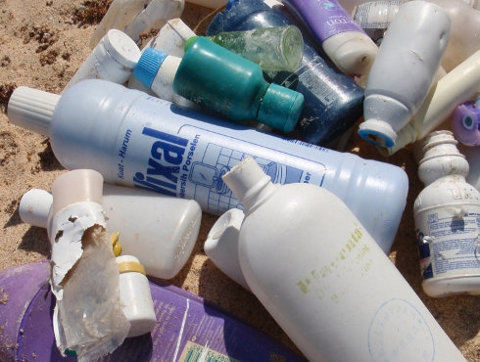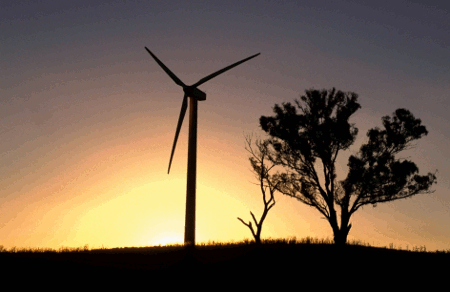
|
Published: 5 September 2011
Garbage a growing problem on Kimberley coast
Indigenous Rangers have found and destroyed more than 250 kg of ocean debris harmful to vulnerable marine species during a week-long survey of the north Kimberley coast.

|
|
Caption: Some of the 261 kg of debris cleaned up from the north Kimberley coast by Indigenous Rangers. Credit: Kimberley Land Council/WWF-Australia
|
The team of local Aboriginal rangers joined GhostNets Australia, the Kimberley Land Council, WWF-Australia and researchers from the Australian National University to survey the region for ocean debris, the endangered Australian snubfin dolphin, and to collect important data on the health of the Kimberley marine environment.
‘The results of this survey were disheartening,’ trip coordinator Grace Heathcote from GhostNets Australia said. ‘We visited some of the most beautiful and remote areas of the continent and encountered debris from both Australia and overseas.
‘Although the Kimberley coastline is relatively clean compared to other parts of northern Australia, we still found large amounts of debris, particularly rope and buoys, plastic bottles and rubber thongs, in areas that really should be pristine.’
The group discovered about 261 kg of debris at a small number of survey sites at Cape Bougainville, Cape Voltaire and the Maret Islands.
A large number of vulnerable marine species, including turtles, whales and Australia’s rarest dolphin, the recently described snubfin, were recorded living amongst the debris. The collaborative research trip also surveyed for inshore dolphins in the Prince Regent River for the first time.
WWF-Australia Kimberley Project Manager Dr Alexander Watson said: ‘We surveyed a large portion of the coast, for which we have very little information, and found a significant population of Australian snubfin dolphins.
‘Unfortunately, one of the animals had been seriously injured, with twin scars to its flank.
‘[This] shows that without better management, rare species such as the snubfin dolphin are not even safe in these isolated areas.’
Dwayne George, a member of the KLC-facilitated Bardi Jawi ranger team, said the trip was an amazing experience that opened his eyes to the negative impacts debris can have on marine life.
‘As a Kimberley Aboriginal Ranger, we are the frontline land and sea managers. Doing this work is really important for the future and the health of the Kimberley coastline.
‘We need to do more of this work to make sure our beaches are clean, to protect our marine life and to look after and ensure the health of our country.’
Source: WWF-Australia



